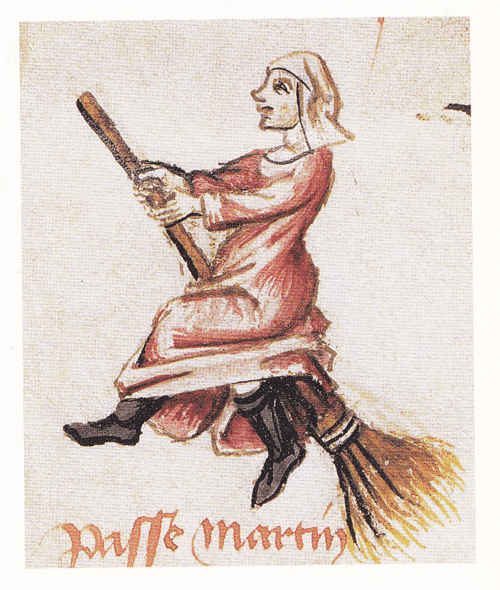I’m not a quitter. I have never really quit anything. I’ve failed at stuff, plenty of stuff… biggest life failures include: multiple failed IVF cycles, five horrid miscarriages, being made redundant etc., etc. But I’ve rarely quit anything I put my mind to. However, at the moment I am currently staring down the barrel of quitting my PhD… thanks to a whole shitfight of supervisory issues, and the rarity of specialists in my field at universities down the eastern seaboard (please… friends, don’t offer me well meaning and helpful, but ultimately useless, advice at this point – I have followed up a crap load of options, up to and including, international supervision, but to no avail). It’s been very difficult to acknowledge that I’ve reached the end of the road and that a large part of what has brought me here, has been beyond my control.
I saw a post on Reddit from someone who had just withdrawn from their dissertation after 8 years of postgrad work, and they claimed that they were ‘overtaken by grief and shame’ – and I totally get that. One user RedBugs offers solace and sound advice… and as it happens, it’s also right on target for anyone facing major setbacks.
“I have friends who’ve quit their PhDs at various points and, dude, they’re doing well in life, truly enjoying paths they’d never even thought of before leaving.
Academia can be a bit of a cult. All your advisors, department heads, etc. got there because they’re passionate about their subject and couldn’t imagine wanting to do anything else, and so threw enormous amounts of energy (and no small amount of luck) into getting where they are today. That’s great if it’s making them happy, but the downside is that as a student, everyone you look up to thinks that academia is the ultimate goal that everyone should strive for, and can’t think of leaving as anything other than failure. This manifests in obvious ways (e.g. in scientific fields, moving into industry is “selling out” or “joining he dark side”), but also in more subtle shifts in attitude when talking about other options.
Coupled with this is the fact that, as a grad student, you’ve always been really good at school. Being smart and good at your subject, and being able to say “I’m a [subject]ist!” is probably a major part of your identity, and a big source of self-respect. With so much of your identity tied up in your status as a grad student, it’s easy to think “I’m doing badly at school so I’m a worthless person”. This is NOT true. Sure, being a grad student has sucked up a lot of your attention, but it’s not the sum total of who you are. Your friends and family don’t love your ability to bash out an essay after three hours’ sleep, they love and respect you for who you are, and still will tomorrow.
There’s also a very real chance that this is the first big thing you’ve ever “failed” at, which makes it seem catastrophic and life-destroying. This is not true either. People miss life goals, have major setbacks, and experience soul-crushing failures all the time. But we pick ourselves up, dust off, and slowly a new path and a new goal appear. It’s possible that you don’t have the practice at that, at least not with stuff that feels this big. Don’t get me wrong, this would suck for anyone, and feeling bad is totally understandable. My point is that slowly, and with plenty of missteps along the way, you’re going to surprise yourself with your resilience.
All of which is to say: If you choose to leave academia, that’s OK. A PhD is a means to an end, not a way of life or the core of your identity. Grief is a totally rational reaction to closing the doors on whatever career you’d imagined, and shame is a totally understandable response to leaving the cult of academia and putting a dent in your self-image. But those will heal. Hopefully you’ve met some great people and learned some great stuff. If it’s not for you, then that’s something you’ve learned too. Life is not over, just because you’ve quit a course.
Right now: Talk to someone you can rely on (family, close friends). You’re probably expecting them to be disappointed in you but, I promise you, their only concern will be that you’re OK. Get your support network in place, then book whatever time you can to just crash and get your head in order, including human contact (even if it’s just phone calls) so you don’t just spiral into deeper misery.
Finally, for now, get the contact info for your school’s mental health services and make an appointment. I guarantee that this sort of thing is completely normal to them, and they’ll have some great resources to help with all of this. Even if your changing status at the uni means that they can’t treat you, they’re the best people to recommend an external service for you to contact.
After all this: It really sounds like you can’t (couldn’t?) write due to stress, depression or whatever. Talk to the schoo’s mental health people about this, too. This is really common, and if you want then you might be able to change your “I quit” to a temporary withdrawal, spend some quality time with a shrink, and come back to attack your thesis with some shiny new coping mechanisms. Mental health issues amongst grad students are alarmingly common: your school knows this, and will have procedures in place to help you deal. It’s totally OK to just walk away and try a new path, if that’s what you want. It’s probably still possible to get help, take a break and then re-attack your thesis, if that‘s what you want. Either way: what you’re feeling now sucks, is totally valid, and will fade with time.”
Some of this applies to me and some of it, not so much. Either way though, it’s definitely time to look for a new path.





